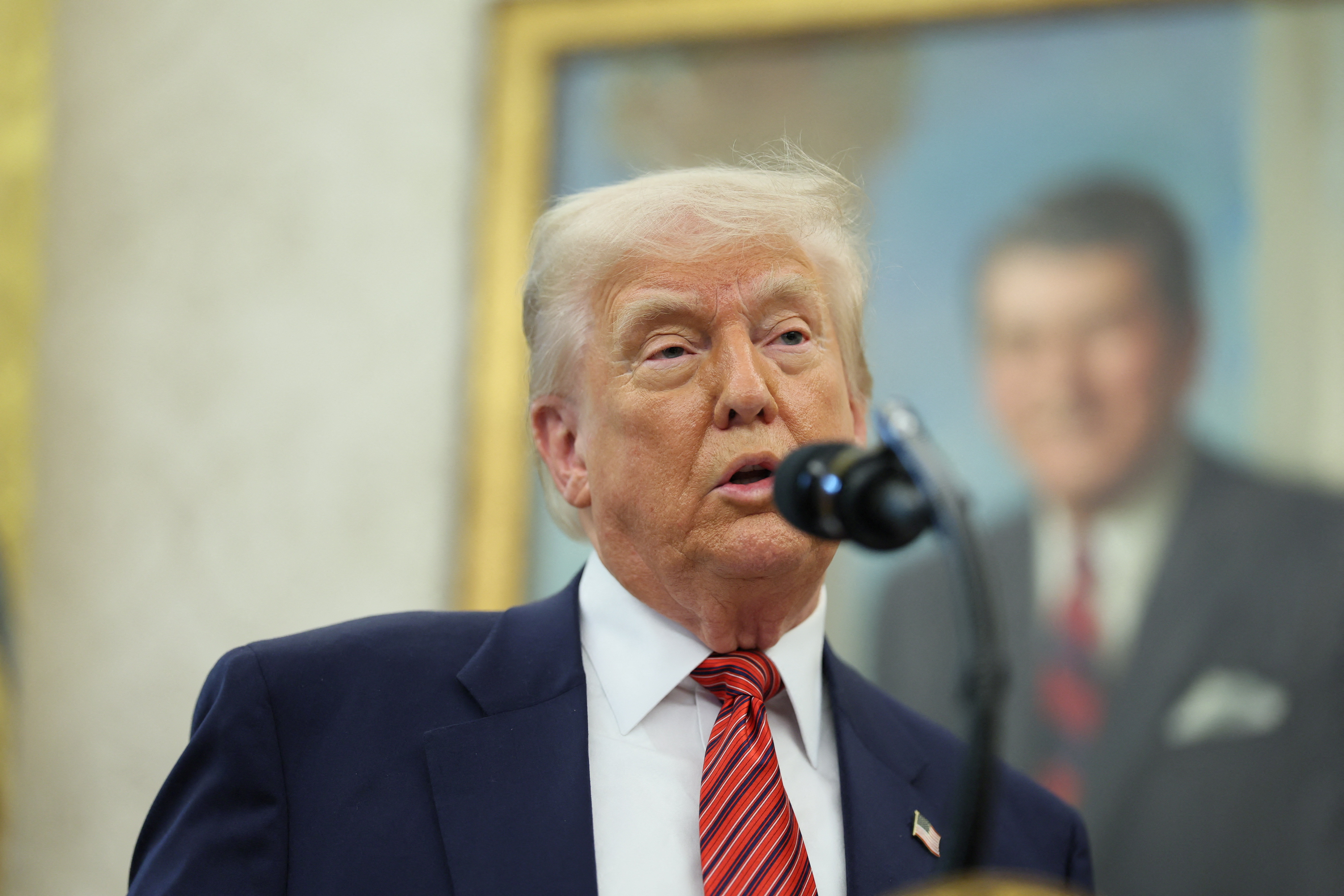A shocking new appointment has surfaced within the Trump administration"s Justice Department that raises urgent questions about accountability and the weaponization of power. Jared L. Wise, a former F.B.I. agent charged with encouraging violence against police officers during the January 6 insurrection, has been named as an adviser to Ed Martin, head of the so-called Weaponization Working Group. This move signals a troubling alignment between extremist rhetoric and governmental authority, undermining the very institutions tasked with upholding justice.
Appointment Raises Eyebrows
The appointment of Wise comes amid a backdrop of intense scrutiny over the January 6 Capitol riot, an event that saw a violent mob attempt to overturn the 2020 presidential election. Martin, a staunch supporter of those charged in relation to the insurrection, was placed in charge of this controversial task force after President Trump withdrew his nomination for U.S. attorney in Washington. This withdrawal was partially due to the backlash over Martin"s advocacy for insurrectionists, as reported by Reuters.
Political Implications of Weaponization
This appointment is not merely a bureaucratic shuffle; it represents a dangerous precedent where the Justice Department is increasingly seen as a tool for political retribution. Wise"s previous conduct, encouraging mob violence against law enforcement, begs the question: how can the very institution meant to uphold law and order now be led by someone who has actively incited chaos? The implications of this are profound, suggesting a systemic erosion of accountability within law enforcement agencies.
Echoes of Past Corruption
The history of the F.B.I. is marred by instances of political pressure and ethical controversies, from the Watergate scandal to the ongoing scrutiny it faces today. According to the F.B.I."s own history, the agency has often found itself at the nexus of political power struggles. By placing someone like Wise in a position of influence, the Trump administration risks repeating the mistakes of the past, where law enforcement was used as a weapon against dissent.
Marginalized Voices at Risk
This troubling development disproportionately affects marginalized communities, who have long faced systemic injustices within the criminal justice system. As the Justice Department shifts its focus from accountability to retribution, the potential for increased violence against protestors and activists looms large. The implications extend beyond just the political sphere; they impact the social fabric of our nation, where justice must be equitable and not a tool for partisan gain.

Trump selects Fox News host Jeanine Pirro as D.C."s interim ...
Legitimacy of the Justice System Under Threat
For many, the Justice Department is the last bastion of hope for accountability, especially in light of the rampant corruption that has plagued political institutions. The appointment of a figure like Wise sends a chilling message: that loyalty to political ideologies outweighs the commitment to justice. This sets a dangerous precedent for future administrations, potentially leading to a cycle of revenge politics that further undermines public trust.
Community Response and Accountability
Grassroots organizations and community leaders are already voicing their outrage, calling for accountability and transparency. The public"s response is crucial in demanding that the Justice Department reaffirm its commitment to justice for all, rather than succumb to the whims of political loyalty. As reported by NPR, the quest for accountability following the January 6 riots is ongoing, and this appointment complicates that narrative even further.
As communities mobilize against the potential ramifications of this appointment, the intersection of environmental justice and social justice becomes ever more critical. The fight for a just society is intricately linked to the fight against political corruption and the misuse of power. The implications of Wise"s role in the Justice Department could set back efforts toward equity and justice for marginalized communities, reinforcing the need for vigilance and activism.



![[Video] Gunfire between Iraqi security forces and Sadr militias in Baghdad](/_next/image?url=%2Fapi%2Fimage%2Fthumbnails%2Fthumbnail-1768343508874-4redb-thumbnail.jpg&w=3840&q=75)
